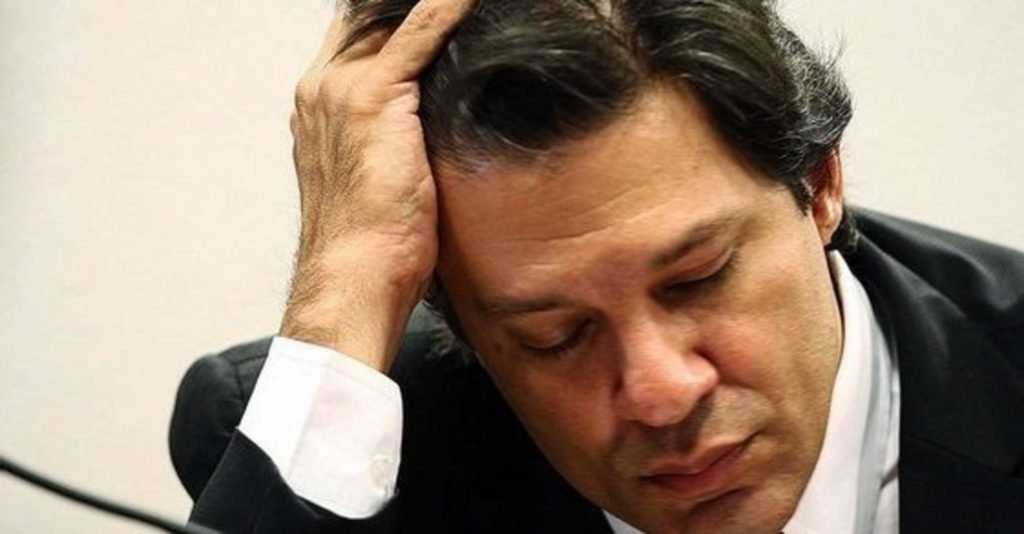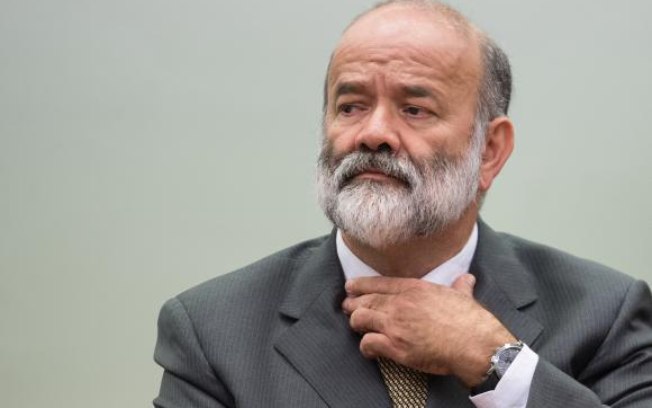RIO DE JANEIRO, BRAZIL – Fernando Haddad (PT) was convicted of having a slush fund (“caixa dois”) from UTC Engenharia in the 2012 campaign when he was elected mayor of São Paulo.

The penalty imposed by the judge of the 1st Electoral Court of São Paulo, Francisco Shintate, for electoral misrepresentation, is four years and six months, in house arrest. The decision is subject to appeal.
The former mayor was denounced for receiving a slush fund of R$2.6 million (US$650,000) from UTC Engenharia. Electoral court prosecutor Luiz Henrique Dal Poz said in the charge that the former mayor “failed to record amounts, as well as presenting questionable receipts to justify expenses.”
The expenses were alleged to have been paid directly by the contractor to a print shop belonging to Francisco Carlos de Souza, a former state deputy and union leader known in the PT party as “Chico Gordo”.
He confessed that he received the payments, but said they were not intended for the former mayor’s campaign, but for other PT candidates whose names he did not disclose to the PF (Federal Police).
The complaint narrates that R$3 million had been negotiated with businessman Ricardo Pessoa, from UTC Engenharia, and then reduced to R$2.6 million.
In addition to Pessoa, who has whistleblower status, currency broker (“doleiro”) Alberto Youssef also cited the operations in his testimony.
Vaccari gets 10-year confinement sentence
At the same time, João Vaccari Neto was convicted of crimes of racketeering (Art. 288 of the Penal Code) and money laundering or concealment of property, rights or assets (Law 9.613 / 98), with a penalty of ten years imprisonment.
According to the decision, Vaccari requested the payment of R$2.6 million in favor of one of the print shops involved in the case, funds of illicit origin belonging to Ricardo Pessoa, head of UTC.
Haddad’s campaign finance officer, Francisco Macena, was also convicted of the crime of forgery for electoral purposes.
Innocent in the criminal sphere
The former mayor was also criminally charged for this same case, involving corruption and money laundering. The 12th Chamber of the São Paulo State Criminal Court, however, closed the lawsuit in February.
According to the vote of the rapporteur, judge Vico Mañas, the complaint did not specify the advantage sought by the contractor, since the interests of the UTC were contradicted by the municipal administration, which even canceled a contract already signed, with the company to build a tunnel on Roberto Marinho Avenue.

Fernando Haddad’s defense will appeal to electoral court judge Francisco Shintate’s decision. First, because the sentence holds that the campaign claimed expenses of non-existent graphic material.
Witnesses and documents proving the declared expenses were presented. Moreover, there was no reason to use false invoices and unpaid payments in a disputed electoral campaign. There is no reasonableness or evidence to support the decision.
Second, the sentence is void because it lacks logic. The judge acquitted Fernando Haddad of money laundering and corruption, crimes with which he was not charged. He convicted him for hundreds of falsehoods when the prosecution could barely describe one. The law states that the sentence is void when it condemns the defendant for a crime of which he was not charged.
In the rule of law, court decisions must be governed by law. The magistrate must be impartial. By condemning someone for something that even the prosecution does not accuse him of, the judge loses his impartiality and his sentence is void.

